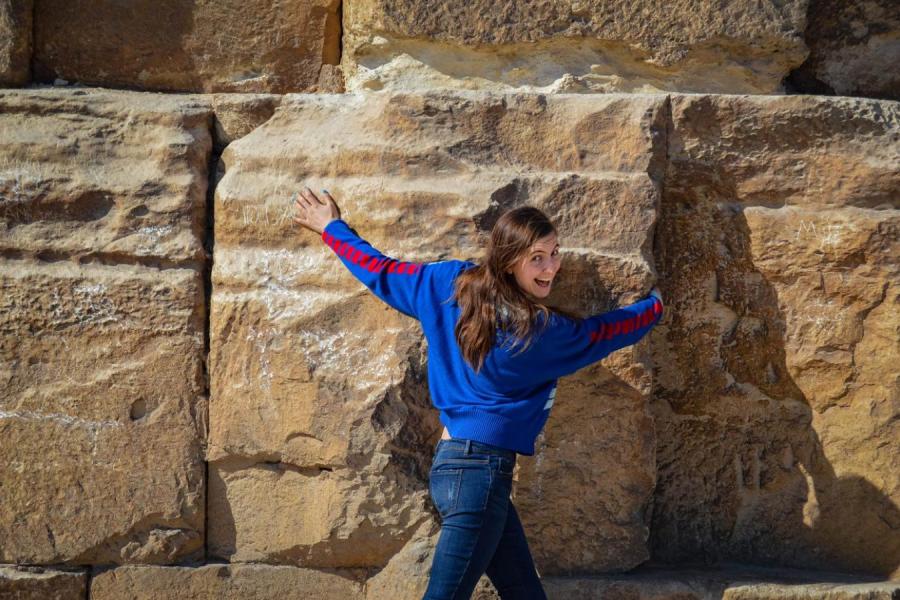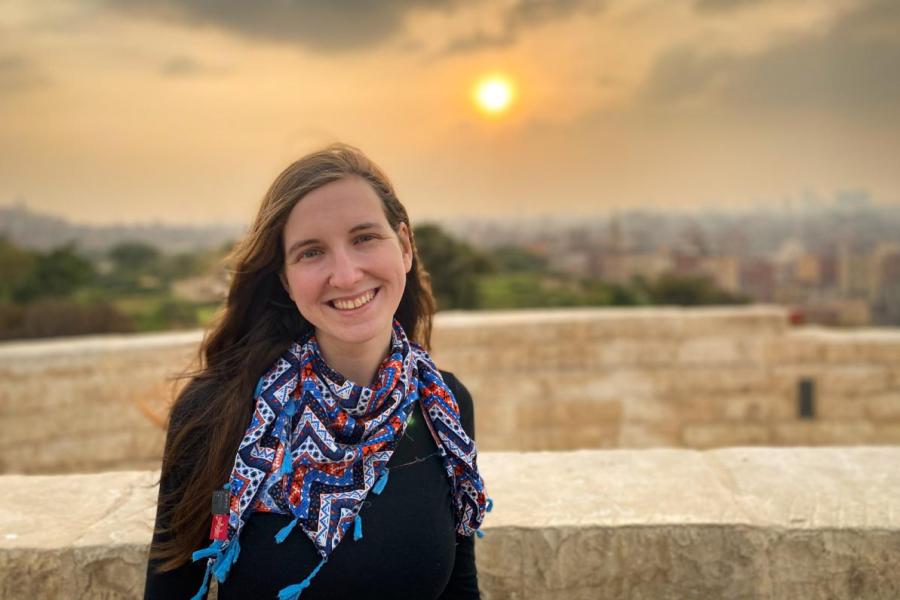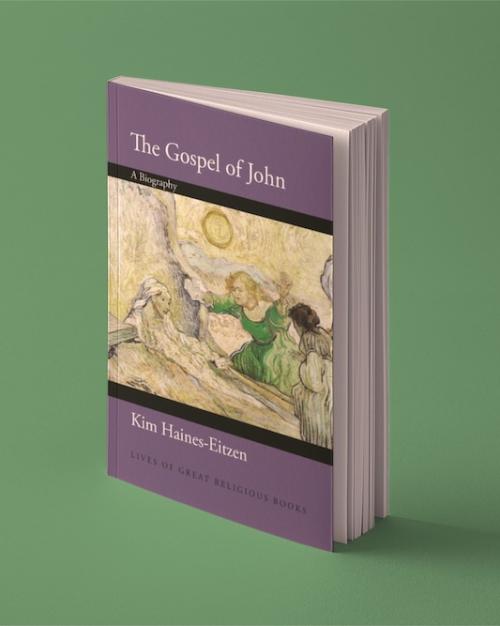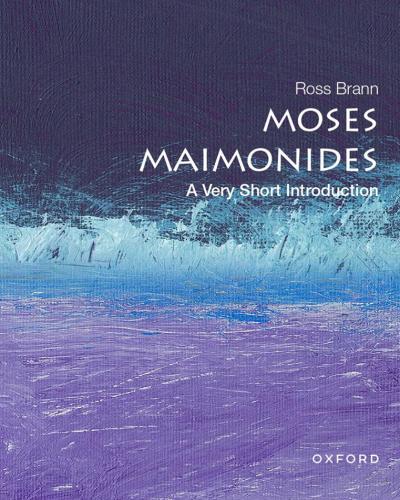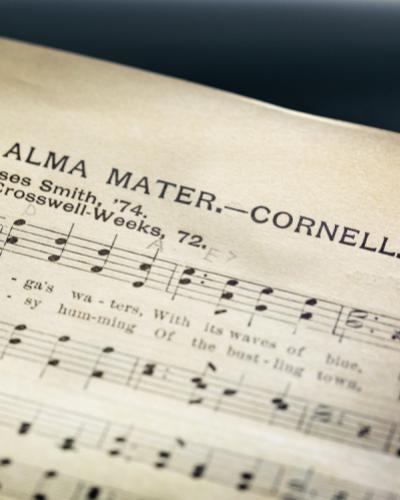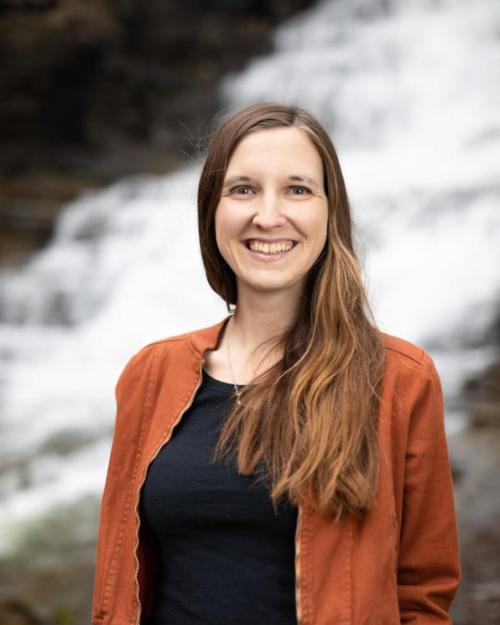Dana Slayton
Near Eastern Studies & Harrison College Scholar
Richmond, Va.
Why did you choose Cornell?
I came to Cornell because I wanted to experience the Arabic language differently. Munther Younes, the director of Cornell's Arabic program, pioneered a new approach to Arabic teaching that integrates spoken Arabic dialects with formal Arabic in the classroom and treats them as a single language. This approach is a radical departure from the traditionalist approaches my prior teachers took to language instruction, and I wanted the chance to study with instructors who valued the diversity of Arabic and its many dialects.
What have you accomplished as a Cornell student that you are most proud of?
While taking a course on the sociolinguistics of teaching English to non-native speakers, I tutored an employee at the Statler [Hotel] one-one-one through the Community Learning and Service Partnership. Working with my learning partner ended up being one of the most intellectually stimulating and rewarding experiences of my time at Cornell. At the end of the semester, my student's confidence speaking and reading English had grown considerably, and he was able to read and recognize all of the work-related sight words we set out to learn. I was proud to have played a small part in helping him reach his language and literacy goals.
I was selected for the Harrison College Scholar program for independent research my sophomore year, and have just wrapped up my senior thesis. The project involved several pivots and adjustments following COVID-19 disruptions, but it represents a real labor of love and contribution to the field of Coptic studies and Arabic discourse analysis. I'm excited to share it with my advising team and the Cornell community.
How have your beliefs or perspectives changed since you first arrived at Cornell?
My involvement with the Harrison College Scholar program and different service learning initiatives at Cornell has allowed me to experience firsthand the magic that happens when people stop thinking, working and living in silos. The connections I've formed with peers and instructors across disciplinary boundaries have challenged me to approach problems in a more nuanced way that takes into account a broad variety of perspectives and centers voices from community stakeholders, not just academics. I've come to believe that community-engaged models of learning and teaching are truly the future of pedagogy.
If you were to offer advice to an incoming first year student, what would you say?
Say yes, even if you don't have all the answers. I've made this my motto the past four years, and it has exposed me to a tremendous number of opportunities I would not have had if I hesitated or listened to my own doubts. The most memorable experiences you will have here, both personally and academically, will be the adventures you never saw coming and the questions you were almost too afraid to ask.

